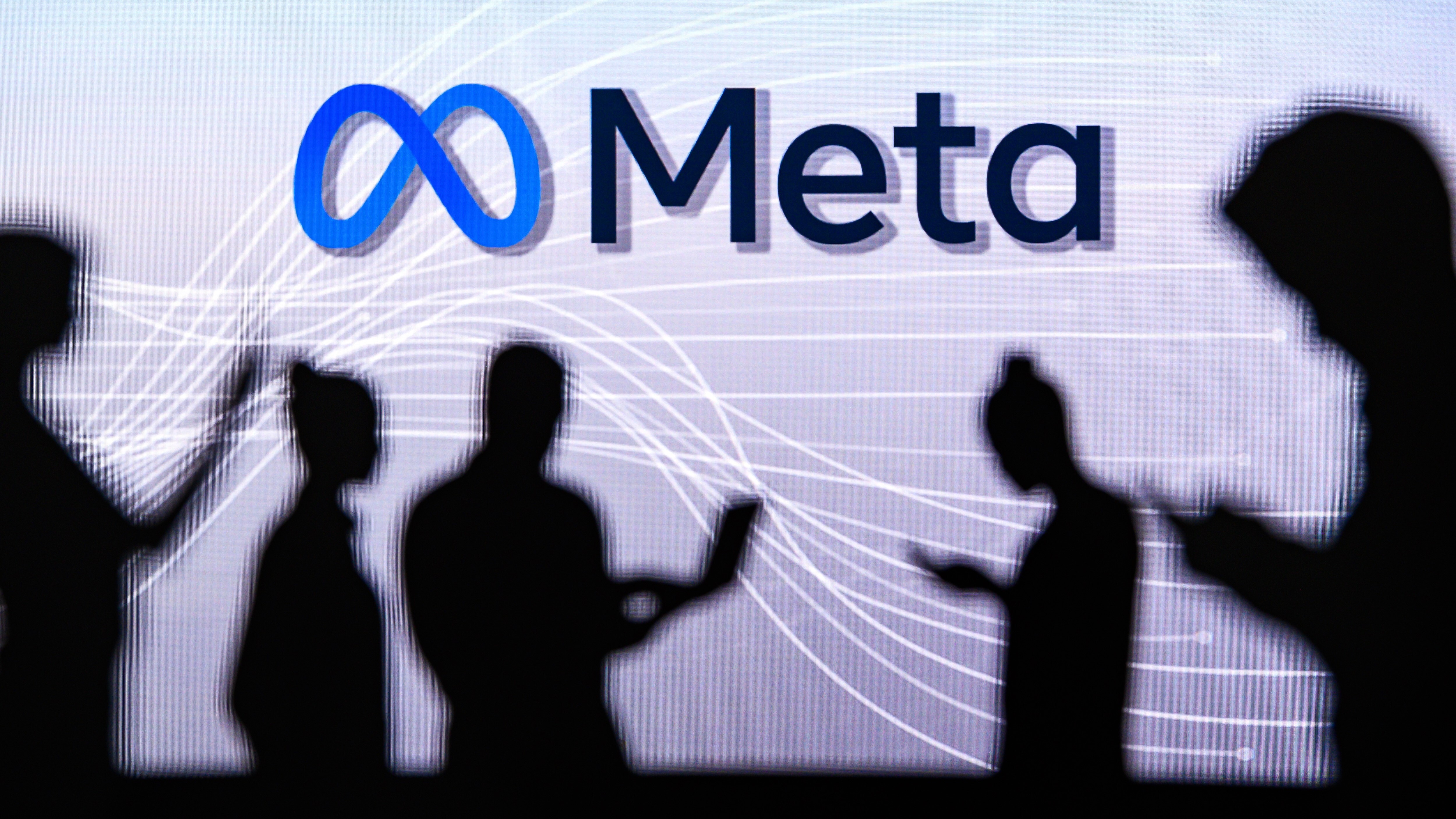Facebook parent company Meta plans to build its own sub-sea cable — the source says the company plans to “avoid areas of geopolitical tension”
Recent incidents of undersea cable damage may have pushed Zuckerberg to build his intercontinental connections.

Meta is planning to build a 40,000-kilometer fiber-optic subsea cable to span the entire length of the globe. This project is expected to cost over $10 billion, say some experts, and will connect the East Coast of the U.S. to South Africa, India, and Australia before going up across the Pacific to the West Coast. However, TechCrunch says that the biggest thing about this planned undersea cable is that Meta will be its sole owner and user. This means that the tech giant will guarantee global connectivity for its services, ensuring that its traffic will always be a priority in its subsea cable.
Aside from this reason, the planned route shows that it will bypass areas with instability. Suspected undersea cable sabotage has been on the rise lately, with one recent incident involving a Chinese ship traveling from Russia to Egypt suspected of intentionally dragging its anchor across two marked undersea cables. This act damaged two connections—one between Finland and Germany and another between Sweden and Lithuania—disrupting traffic between them. Because of this, one source says the company will “avoid geopolitical tension,” including high-traffic areas like the Red Sea, the South China Sea, the Strait of Malacca, and Singapore.
Although the company has already made some plans for the project, it hasn’t announced it yet. The Meta will likely discuss it publicly in early 2025, confirming its intentions, route, budget, and capacity. However, we don’t expect Meta to have its exclusive undersea network within the next year, as projects like these take several years to complete. Furthermore, companies that lay down these cables are few and far between, with many already having their services reserved by other tech giants like Google, Microsoft, and Amazon.
This isn’t Meta’s first foray into undersea cables, as it’s part owner of the 2Africa subsea cable that circumnavigated the continent and connected it to Europe and the Middle East. It also partly owns Echo (alongside Google), which connects Singapore and Indonesia to the U.S. via Guam and Palau; Bifrost, which traces a similar route to Echo; Havhingsten, which connects the British Home Islands to Denmark; and Amitie, which crosses the Atlantic to connect the U.S. to France and the U.K. Finally, Meta is the sole owner of Anjana, which serves the U.S. and Spain.
Meta’s planned massive investment shows how crucial uninterrupted traffic is to tech giants. While undersea cables are the traditional domain of telecommunications companies, companies like Meta, Microsoft, and Amazon see the benefit of keeping their services online and serving their customers in the quickest and most efficient way possible through their own exclusive subsea data highways.
Get Tom's Hardware's best news and in-depth reviews, straight to your inbox.

Jowi Morales is a tech enthusiast with years of experience working in the industry. He’s been writing with several tech publications since 2021, where he’s been interested in tech hardware and consumer electronics.
-
punkncat Based on the title comment it could be argued that even from the NE US down to the Carolinas might be too politically charged....I say "good luck with that".Reply -
bit_user I wonder if they would consider leasing access to their network in certain situations. I just wonder if Zuckerberg isn't a bit jealous of Musk's Starlink and how much power it gives him, in important situations.Reply
The word "geopolitical" means international politics. What you're apparently referring to is domestic politics.punkncat said:Based on the title comment it could be argued that even from the NE US down to the Carolinas might be too politically charged.... -
punkncat Replybit_user said:I wonder if they would consider leasing access to their network in certain situations. I just wonder if Zuckerberg isn't a bit jealous of Musk's Starlink and how much power it gives him, in important situations.
The word "geopolitical" means international politics. What you're apparently referring to is domestic politics.
This would also infer that there was no political difference of note within the borders of the geographical locations of the United States in general, but it really doesn't work that way, does it? -
spongiemaster Reply
You missed the joke. Not being international was exactly the point.bit_user said:The word "geopolitical" means international politics. What you're apparently referring to is domestic politics.